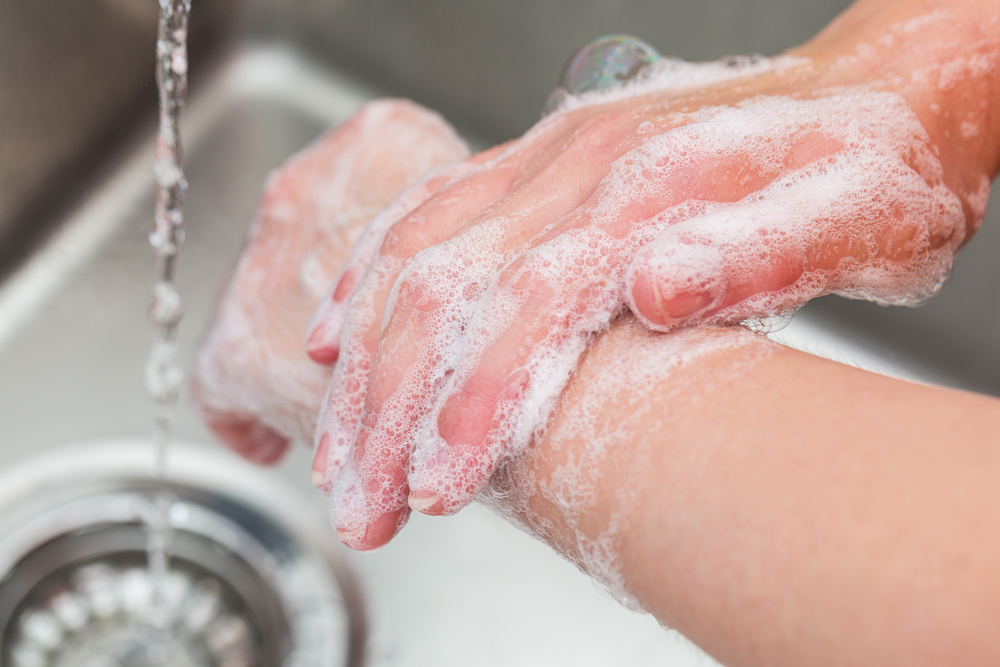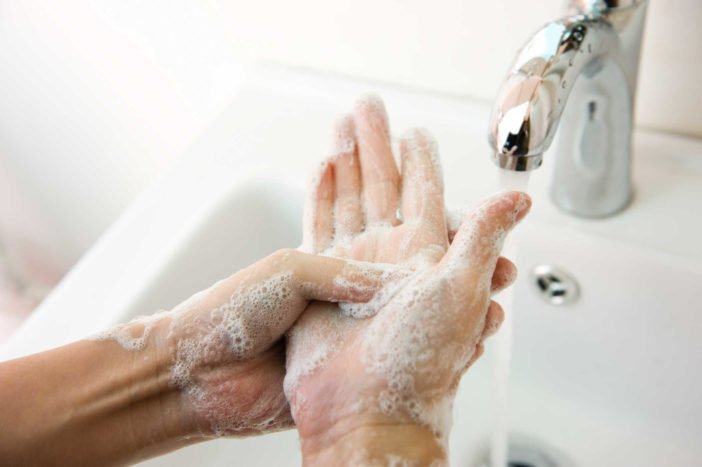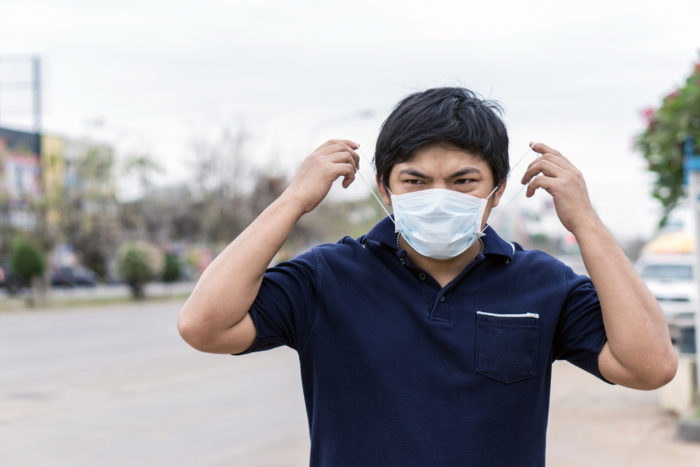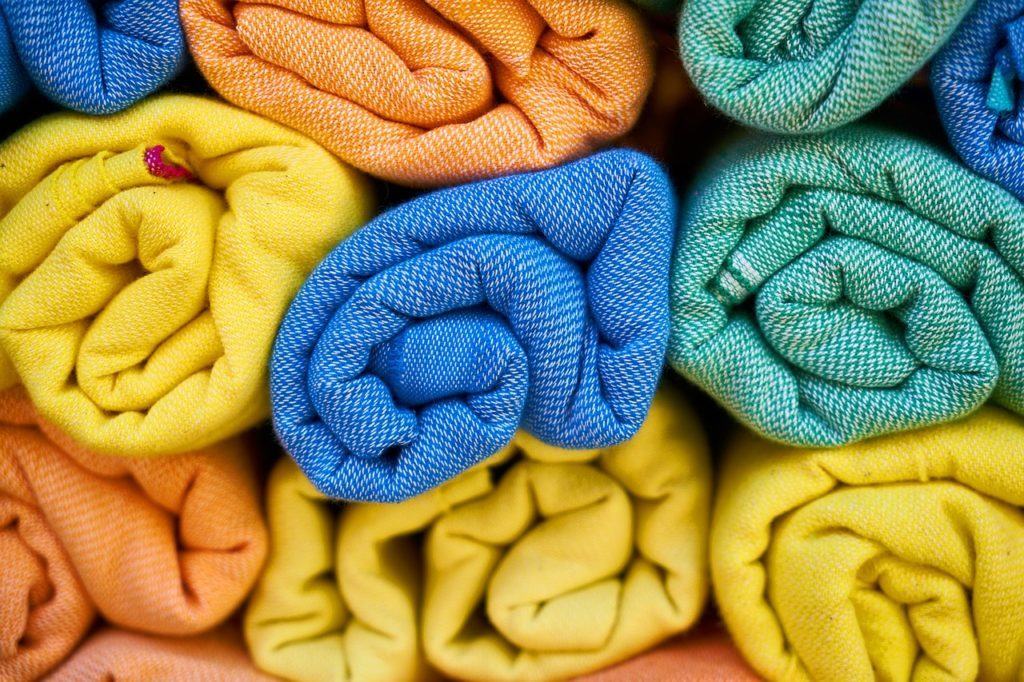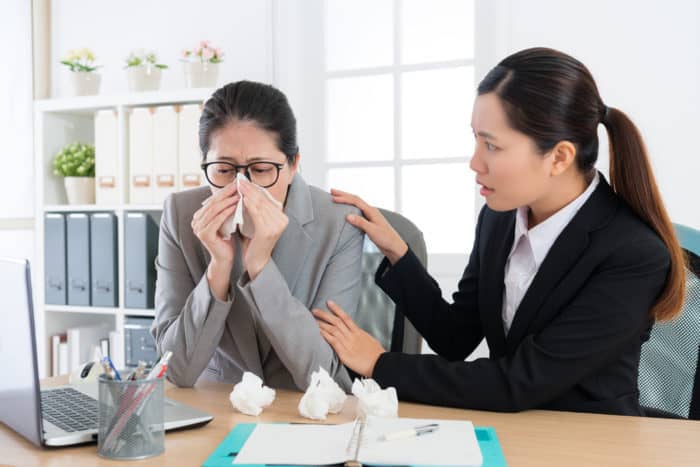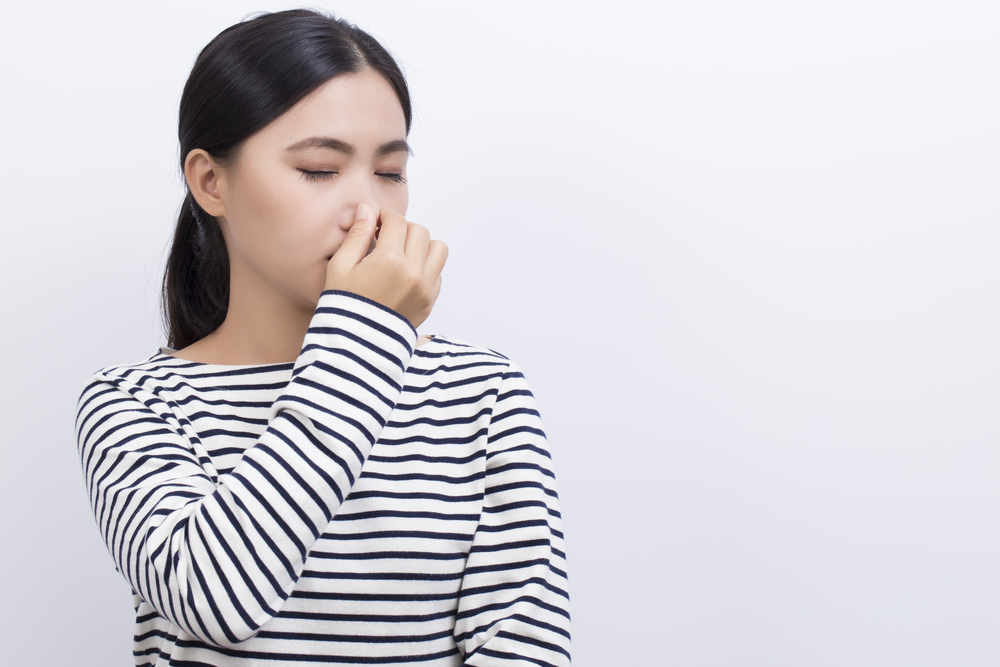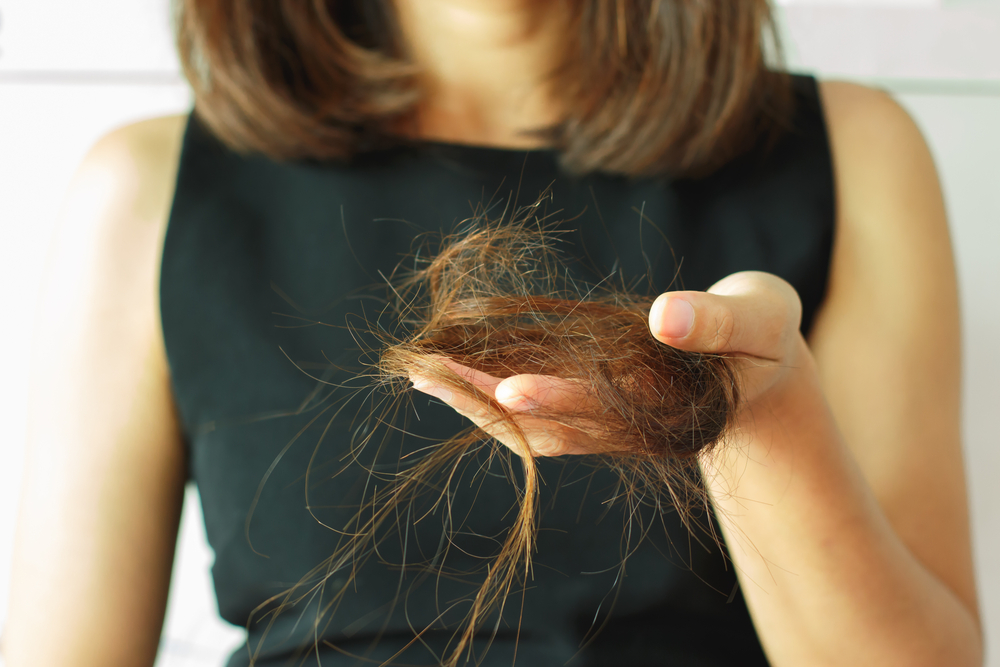Contents:
- Medical Video: 8 EVERYDAY HABITS THAT DAMAGE YOUR HEALTH
- 1. Routine hand washing
- 2. Use a mouth mask
- 3. Don't share personal items
- 4. Avoid touching your eyes, nose and mouth with dirty hands
- 5. Don't snack randomly
- 6. Don't leave the house when you are sick
Medical Video: 8 EVERYDAY HABITS THAT DAMAGE YOUR HEALTH
Did you know that infections can spread anytime, anywhere, and through any intermediary even from things you don't realize? Infectious diseases can cause health problems from trivial ones to serious ones. For this reason, the best way to maintain health is to prevent infection from coming, especially for those of you who have a weak immune system. How to? Here are some simple things you can practice everyday to prevent infection.
1. Routine hand washing
Hands become part of the body that is most often used in daily activities. Starting from spending money, holding on to the side of the escalator, shaking hands with people you meet can make your hands no longer sterile. Disease-causing microbes will continue to stick to your hands until you clean them.
Worse, after doing a series of activities that make hands dirty, you can casually take food using hands that are full of invisible microbes. As a result, abdominal pain, diarrhea, and other digestive problems can attack you.
To reduce the risk of spreading infections originating from the hand, you need to wash them regularly. The Indonesian Ministry of Health recommends handwashing with soap (CTPS) at important times such as:
- Before eating.
- Before holding, processing, and preparing food.
- After defecating.
- After making contact with animals, land, and public facilities such as public transportation.
Try to wash your hands with soap for 20 seconds. Clean all parts of the hands from the palms and backs of the hands to between the fingers and nails. Rinse with running water and dry hands using a clean tissue or dry cloth.
2. Use a mouth mask
Covering your nose and mouth using a mask is one effective way to prevent infection. The air that you breathe every day is inseparable from bacteria, viruses, and parasites that can enter and attack your immune system. Especially if you are among those who ride public transportation.
Transmission of the disease on public transportation can spread very quickly, especially if you are next to someone who is having a cold or cough. Viruses that are released when coughing or sneezing and then breathing can make you also contract the same disease. For that, protect yourself by using a face mask.
3. Don't share personal items
Toothbrushes, towels, handkerchiefs and cutlery include personal items that should not be lent. Using it alternately with other people can make these items a source of infection transmission.
Even though the partner you are lending looks healthy, but you never know someone's health condition by just seeing the outside appearance. Not only that, you also don't know whether you can transmit the disease to others.
Preventing infection by using personal items without lending it to others is a wise way for your health and those around you.
4. Avoid touching your eyes, nose and mouth with dirty hands
Touching the eyes, nose, mouth and mouth with dirty hands can move germs in the hand into the body. The nose is a body part that has a warm and humid temperature which is a favorite place for viruses and bacteria to breed.
In addition, the eyes and mouth are parts of the body that are covered with wet tissue (mucosa) which can make the bacteria easily trapped to then live and develop.
For this reason, don't touch these three parts and other body parts when your hands are dirty. In fact, even hands that look clean are still at risk of transmitting germs that cause disease that can enter and infect the body.
5. Don't snack randomly
Are you among those who like snacks? Then from now on, be more observant before you buy food on the roadside. Food purchased outside is not guaranteed to be clean, both from the manufacturing process and from storage.
For that, be smart in choosing snacks. Not not, but try to buy food that is placed in a closed window, not one that is left open without any cover.
Foods that are left open will be more likely to be contaminated with other substances that can cause infection. In addition, try to see if the seller is paying attention to the cleanliness of the merchandise, which can be seen from the cleanliness of the merchandise window and the food equipment he uses.
6. Don't leave the house when you are sick
When you are sick, your immune system will weaken. Traveling outdoors does not only spread the disease you have to other people. But it also has the potential to worsen your situation.
Outdoor conditions that cannot be predicted can worsen the condition of a body that is not fit. In addition, you can also contract other diseases if the people around you are also in a state of illness. Therefore, it's good to rest at home until the body's condition returns to normal.
You can do various ways as a simple step to prevent infections that can interfere with health. For this reason, don't just read the theory without practicing it because prevention is always better than cure.

